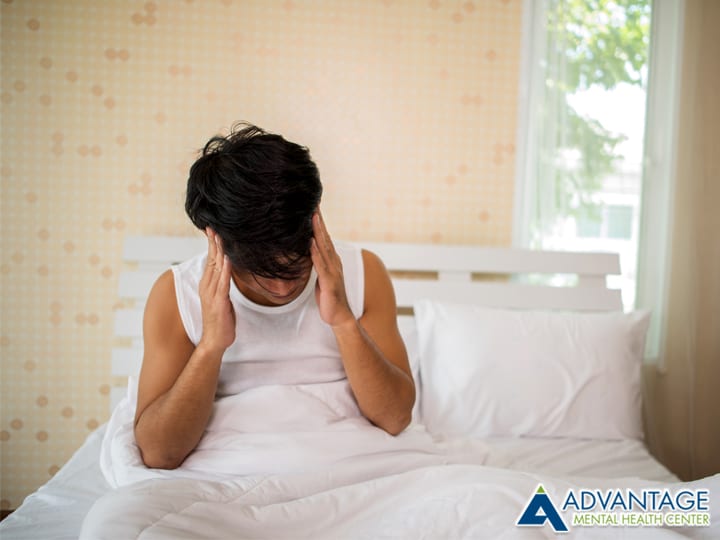When we think of anxiety disorders one of the most prevalent issues is obsessive-compulsive disorder (OCD). People with OCD often have repeating thoughts that cause them exhibit compulsive behaviors. These behaviors can be the best way to alleviate their anxiety in some way. These can be small repetitive actions that generally have nothing to do with any tangible issue the person is having that is causing them to be anxious, but somehow these help relieve the anxiety.
Over 2% of the population in America suffers from OCD. People suffering this often have issues with sleep. Lack of sleep or trouble sleeping are often equated with mental disorders and studies show that good sleep may help improve depression and anxiety issues. Trouble sleeping is now being considered by the mental health experts as a barometer for increased symptoms of OCD and the anxiety that comes along with it.
There has been a growing openness in the general public to discussing mental health issues with many athletes, actors, and public figures starting conversations about anxiety, stress, ADD, and OCD. As art reflects life, TV, movies, and theater performances, even Broadway musicals, are now exploring the issues of depression, anxiety, and OCD. Seeing people you know and admire talk openly about mental health helps remove the societal stigmas that are associated with it.
How does sleep relate to OCD and the anxiety that accompanies it?
Anxiety often makes it difficult to get to sleep, stay asleep, or sleep deeply enough to get good, uninterrupted sleep. People who suffer with OCD and anxiety often complain about their lack of sleep (insomnia) or the poor quality of their sleep. They are plagued with anxious thoughts that have them tossing and turning or waking up many times during what should be a deep, uninterrupted sleep cycle. This only adds to the anxiety and depression because neither the mind nor the body get the rest it needs to function at its best.
These anxious, stressful thoughts can delay or disrupt sleep, but the lack of sleep, conversely, can cause more anxiety and stress. Trying to function on little to no sleep will increase the anxiety that the OCD person experiences. It can become a never-ending vicious cycle that causes mood swings, restlessness, apprehension, and issues with concentration. Fear and stress become overwhelming, making the simplest basic life tasks seem impossible to tackle.
Obsessions and compulsions plague the mind and make it difficult to relax enough to sleep. Staying awake worrying can keep the person with OCD up and going over all the things in their life that keep them in the pain of anxiety. They are restless and run the thoughts of the day over and over like a bad movie of the mind. This behavior can keep the OCD sufferer up into the wee hours of the morning, finally dropping off into a restless sleep, only to wake up exhausted. That exhaustion feeds the anxiety and only creates more of it.
What can help someone with OCD get better sleep?
For starters, realizing the importance of sleep and making an effort to improve their sleep experience can help with mental health issues. Seeking a treatment plan with a licensed mental health professional can help gain a more positive sleep experience and decrease anxiety through the day because real rest has happened during sleep.
Setting good sleep habits can be very effective. Sticking to a timeline of when to go to bed and when to rise is a good start. Learning to quiet the mind, no TV or other stimulation, no coffee or energy drinks late in the day, and making the room as dark as possible are things that can help train the body to sleep better and more consistently. Meditation and deep breathing exercises can help relax the person with anxiety too.
If none of those help, there are pharmacological solutions to consider with your mental health provider.
At Advantage Mental Health Center, our licensed professionals work with those who suffer from OCD and anxiety to create a plan that suits their issues and needs.
Picture Credit: Freepik


